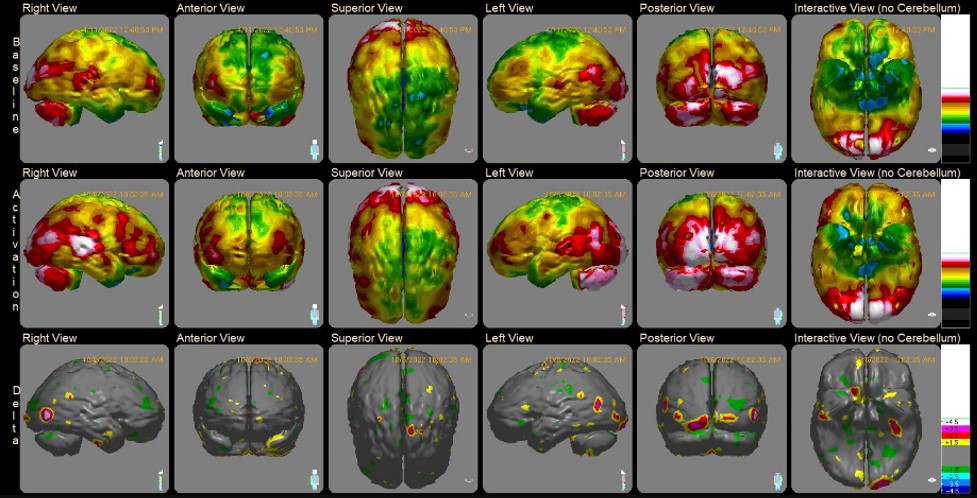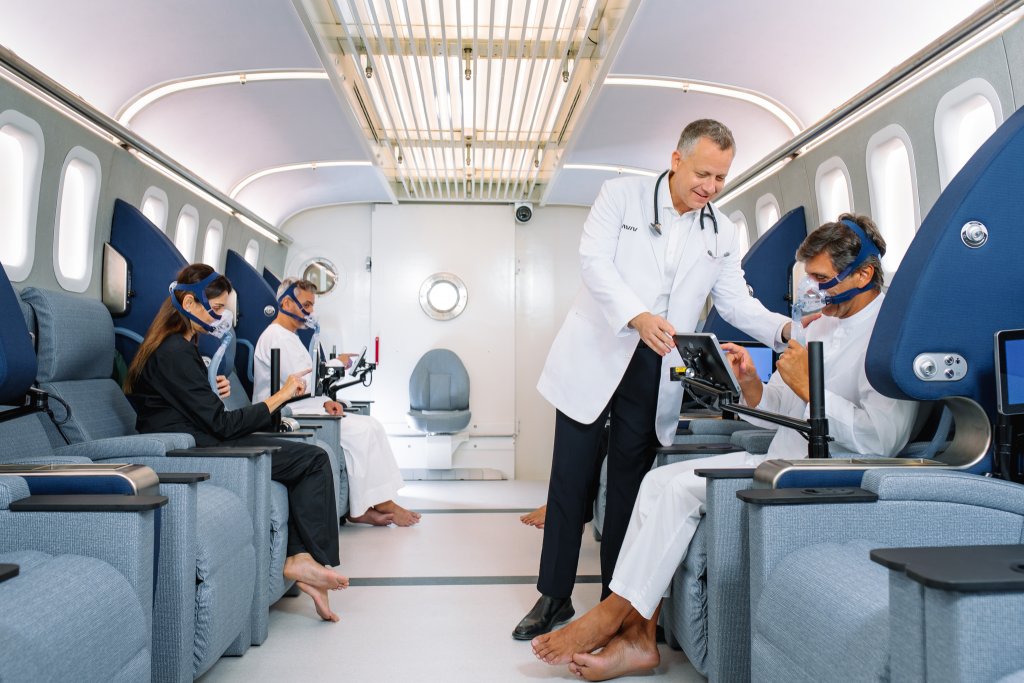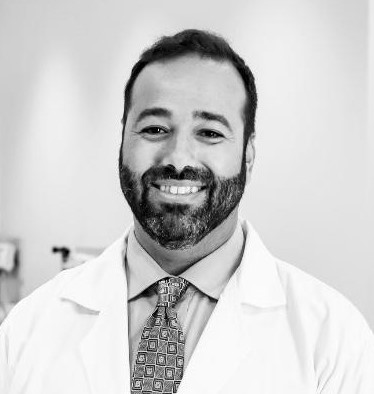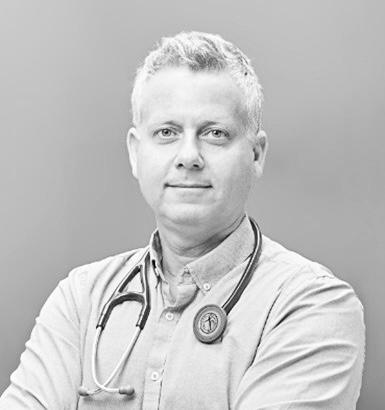
6 Future Trends in Healthcare for Patients


As healthcare rapidly evolves, patients must keep abreast of these shifts. Doing so activates your role in driving better health outcomes for yourself and your loved ones.
COVID-19 showed how technology can benefit patients during the pandemic. The medical community in Dubai is leveraging those takeaways to elevate patient care.
Additionally, individuals want to take more ownership of their health through the convenience of personalized, educational, and digital care.
Look out for these six future trends in healthcare throughout 2023 as more healthcare providers take steps to meet patient needs.
1. Remote Patient Monitoring (RPM)
COVID-19 showed how critical technology could benefit patients and elevate care. One way to achieve this has been through remote patient monitoring (RPM).
In 2022, RPM tools (e.g., wearable devices, pulse oximeters, blood glucose meters, and heart monitors) were valued at $53.6 billion. This value is projected to reach “USD 175.2 billion by 2027.”
When “74% of all deaths globally” are attributed to at least one chronic disease, a physician’s ability to remotely manage health conditions is key to preventing hospitalizations—remote patient monitoring (RPM) can reduce “the number of ER visits and hospitalizations.”

2. Health Literacy
With more doctors and patients remotely managing conditions, healthcare organizations are providing digital platforms that offer personalized educational experiences—experiences that address each patient’s health literacy level (in their preferred language and reading level).
As more providers anticipate higher patient volume (from individuals who delayed or avoided medical care during the pandemic and from the return of medical tourism), you’ll see more educational materials at each touchpoint of your care journey.
Don’t hesitate to discuss literacy levels with your doctor to ensure you feel confident and comfortable navigating your health journey.
3. Mindfulness Products
Wellness has taken center stage since 2020, with mindfulness coming to the forefront as an in-demand component:
- McKinsey reports “mindfulness has gained mainstream consumer acceptance relatively recently” among patients. Half of the survey respondents expressed that they wish more mindfulness products and services were available.
- Medical research indicates mindfulnesses exercises such as meditation can reduce “cognitive decline” and “perceived stress.”
Don’t be surprised to see more providers offering holistic care. For example, healthcare organizations may consider partnering with mindfulness apps or providing products that offer mental health benefits.
4. Data Analytics
Objective data is critical to seeing how you’re progressing and what additional steps you and your physician need to take.
More doctors are tracking and sharing with their patients the data that reports:
- Interaction with educational materials
- Treatment and communication gaps that need addressing for better outcomes
- Patient progress along a personalized treatment plan
- Actionable steps a patient takes to manage their health (remotely or in-clinic)
Data transparency helps the provider and the patient understand how a condition is progressing and what can be done to elevate treatment.
5. Advanced Imaging
The development of new technologies has brought on better ways to treat patients. One prime example is advanced imaging and neuroscience.
Advancements in radiography give medical professionals the tools to perform in-depth assessments of the brain upon a stroke. Advanced imaging may include:
- 3T MRI with DTI (diffusion tensor imaging)
- SPECT scan with new AI analysis methods
These imaging technologies help providers map a personalized recovery plan and track recovery in post-treatment assessments.

Comprehensive medical programs, such as the one at the Aviv Medical Program, rely on these advanced imaging and neuroscience tools to earn long-term results for stroke patients.
6. Hyperbaric Oxygen Therapy (HBOT)
Oxygen is the lifeblood of our health. As we age, body oxygen levels decrease, leading to infamous age-related decline. While most of these shifts are often thought to be irreversible, research says otherwise.

Studies indicate hyperbaric oxygen therapy (HBOT) can help:
- “Reverse biological aging” by slowing down the growth of cells and protein structures responsible for the aging process.
- “Reverse the main activators of Alzheimer’s disease”
At Aviv Clinics, our unique HBOT program entails fluctuating oxygen levels, which triggers the body’s self-regeneration capabilities.
“By treating vascular dysfunction, we’re mapping out the path toward Alzheimer’s prevention. More research is underway to further demonstrate how HBOT can improve cognitive function and become an influential tool in the imperative fight against the disease.” -Dr. Shai Efrati, Aviv Clinics
Learn More about Hyperbaric Oxygen Therapy
Aviv Clinics Dubai, brought to you by DP World, is here to elevate your healthcare journey, offering the world’s most advanced Hyperbaric Oxygen Program.
Our diverse community of patients has achieved significant health milestones thanks to a multidisciplinary approach that can include:
- In-depth review of health history
- Comprehensive physical exam
- Highly advanced MRI, DTI, and SPECT scans
- Neurological and neurocognitive tests
- Body composition analysis
- Cellular performance analysis
- A detailed report of our assessment findings
- Unique Hyperbaric oxygen therapy (HBOT) protocol
- Cognitive training
- Physical training
- Dietary coaching
- A post-treatment report of your improvements and recommendations for future progress
Our unique medical approach centers on research to provide high-quality care that produces lasting improvements in mental and physical performance. Areas of improvements include:
- Memory
- Concentration
- Information Processing Speed
- Emotional Health
- Stamina
- Energy
- Mobility
- Independence
- Quality of Life
- Sexual Performance (Men)
- Sleep
Benefits of our program also include:
- Stem cells proliferation– the building blocks of tissue rejuvenation – to multiply and migrate
- Lengthen the telomeres – the protective caps at the end of each strand of DNA
- Reduce senescent cells – known to contribute to many age-related diseases
- Increase mitochondrial function – the power plant in each of our cells
If you’ve experienced cognitive or physical decline due to aging or disease, we may be able to help.
To learn more about the Aviv Medical Program, contact the Aviv Clinic.
Aviv Medical Program provides you with a unique opportunity to invest in your health while you age.


